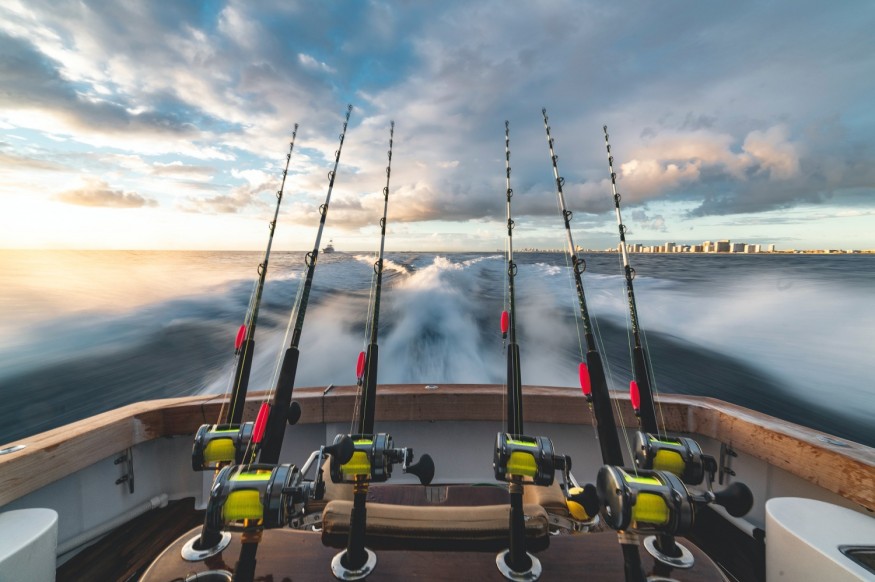
Across Europe, thousands of fishing vessels remain in dock as the global demand for seafood has plummeted. This trend is mirrored across Africa and China, where fishing activity appears to be down by 80%. This is due to widespread unemployment and the closure of restaurants resulting from the pandemic. From a marine conservation perspective, there are a number of silver linings to the crisis, however. Many fish populations previously under threat of overfishing are rebounding as markets across the world dry up.
Local fishing
The reduced levels of human activity have brought marine mammals such as dolphins and seals, which are being sighted in areas they haven't been seen in decades. Across the world, signs of recovery are evident as turtles begin to nest on abandoned Brazilian beaches and tuna stop to feed in the China sea on their way to Japanese fishing grounds. This recovery has potential benefits for individual fishing enthusiasts. Decreased fishing activity during these months that are often key for the replenishment of fish stocks could lead to considerably more bountiful fishing seasons in the near future. As a result, we may see a significant rise in the number of salmon in our rivers over the coming months. Atlantic salmon are considered by many to be the king of sport fish, requiring specialist equipment and skill to catch successfully. According to Superflies, fishing flies are a weak point in the kit of many anglers, and this is where high quality, hand-tied flies can make a significant difference in success. This is because hand-tied flies are both more reliable and customizable than typical factory-made flies, meaning you can tailor them better to the type of fish you are hunting. For keen anglers with this eye to detail, there's certain to be a bountiful fishing season ahead.
Industrial fishing
Based on satellite imagery, Chinese fishing activity is down by as much as 80% in some areas. This trend is mirrored in Europe as thousands of boats remain docked at shore. Fishing fleets built to stay out at sea for extended periods of time are doing quite well, however. With reduced governmental oversight, they are postponing coming ashore, able to freeze and preserve their catches. Market demand for seafood has crashed as supply chains fail and restaurants close. As a result, many fleets and farms are finding that the biomass in their cages and tanks is becoming unmanageable without sales to expel the excess.
Alternative Selling Platforms
To compensate for the collapse of supply chains, some fishermen are looking to alternative platforms in search of sales. Roughly 70% of fish caught by British fleets is exported to Europe and Asia, while most fish eaten in the UK is imported. As foreign markets have been closed off, many UK fishermen are looking online, hoping to expand the domestic market for UK-caught fish. Furthermore, fish such as whelk, monkfish and megrim sole, while abundant in UK waters, are not part of the British palate. Many fishermen are now hoping to expand Britain's taste in fish, opening up a domestic market for their catches.
While the global pandemic is distressing on many levels, there may be a silver lining in marine conservation. Many species overfished to the brink of extinction are finding some reprieve as fleet activity is reduced by as much as 80% across most of the developed world. Scientists are cautious to celebrate however, as this represents a short term rebound in what is a chronic problem requiring years of proper management and conservation effort.
© 2025 NatureWorldNews.com All rights reserved. Do not reproduce without permission.





